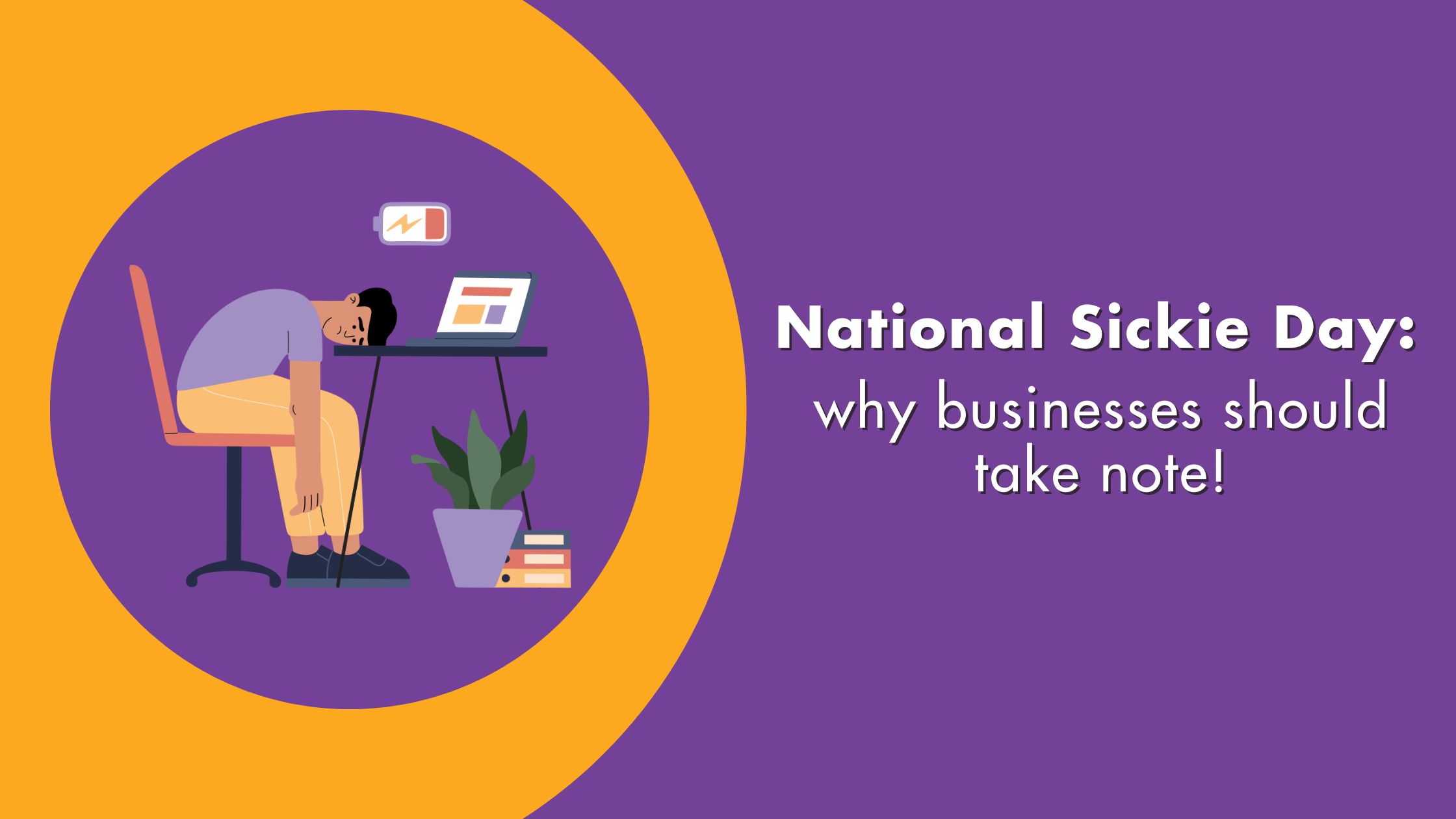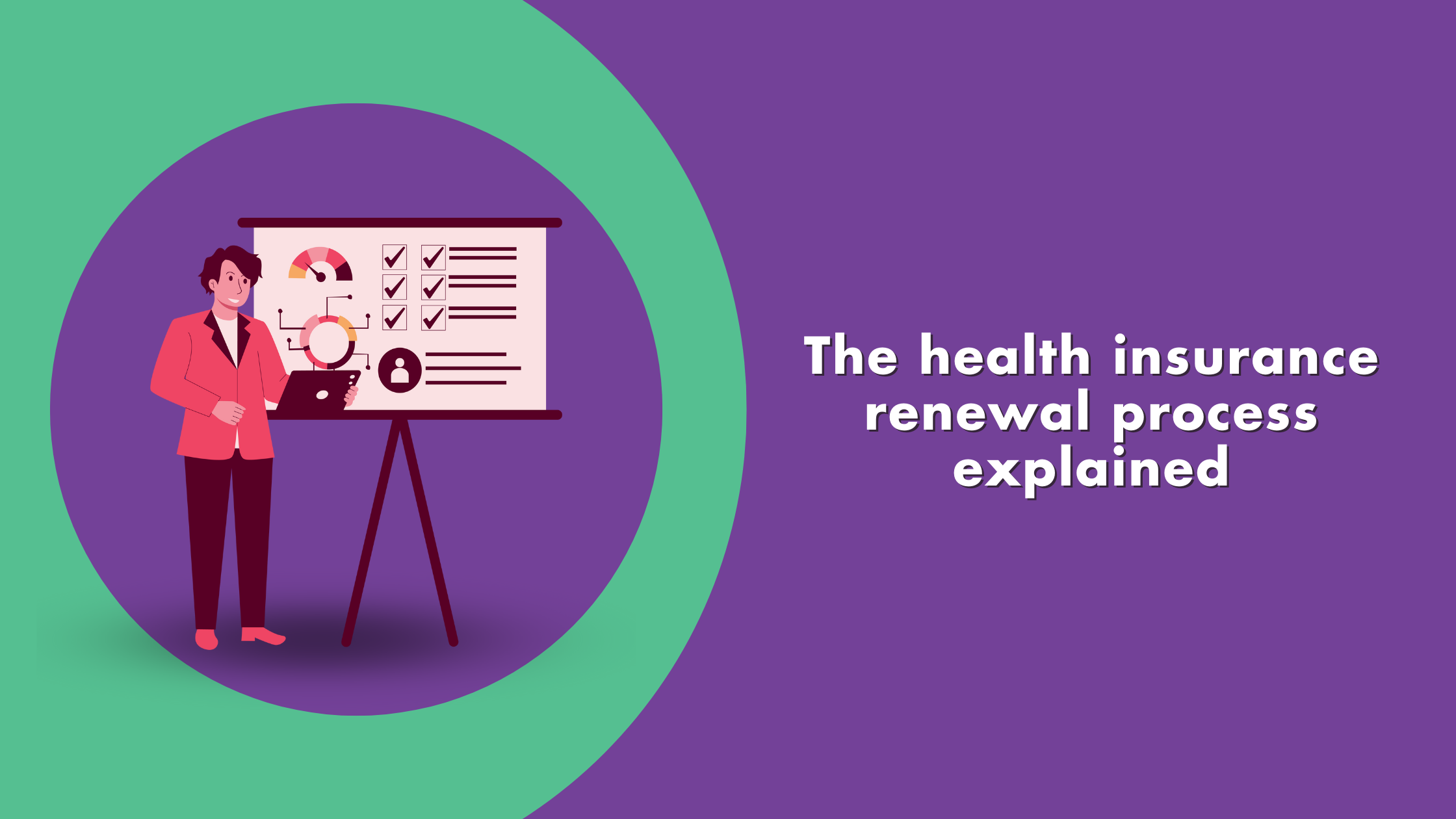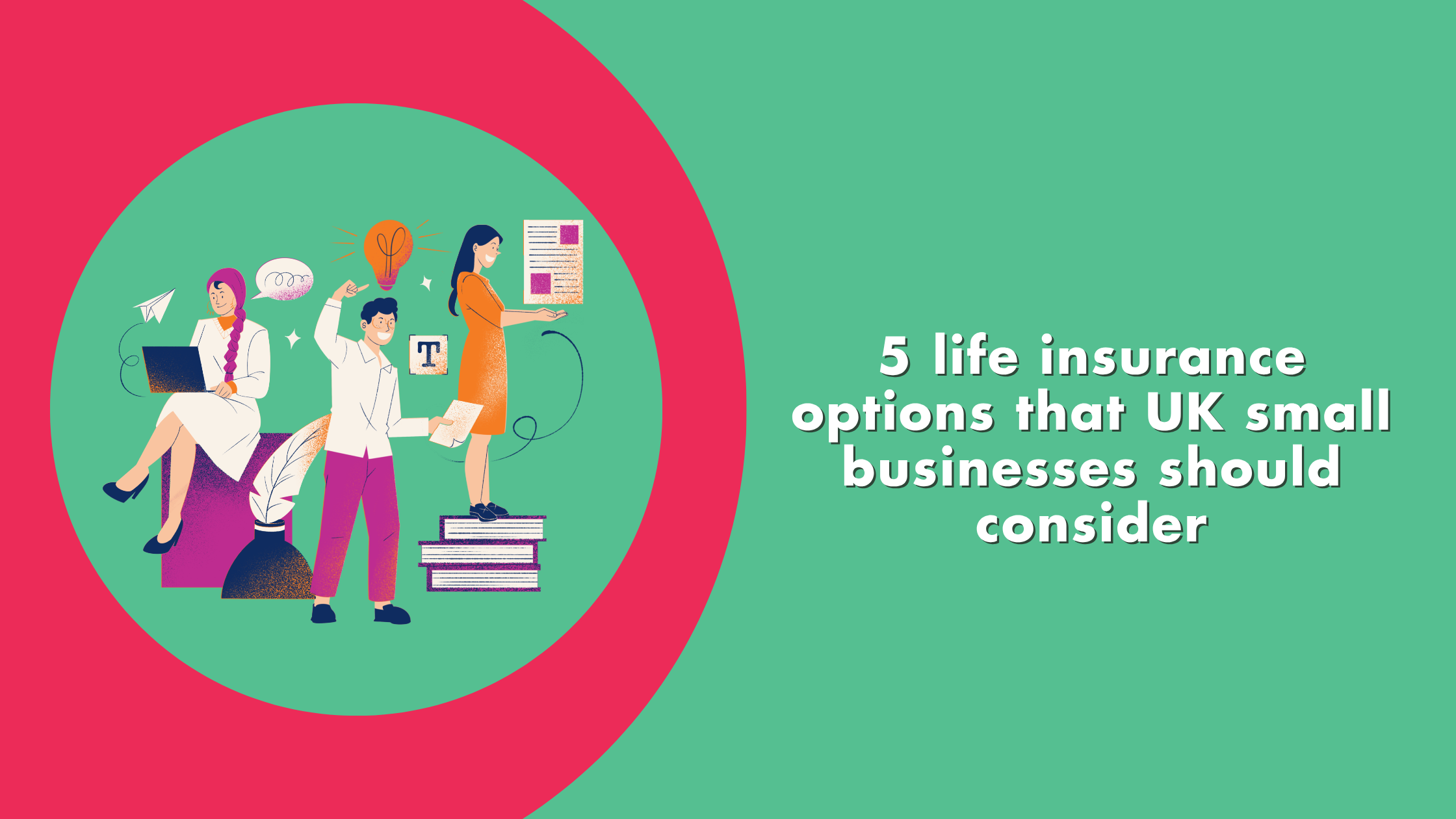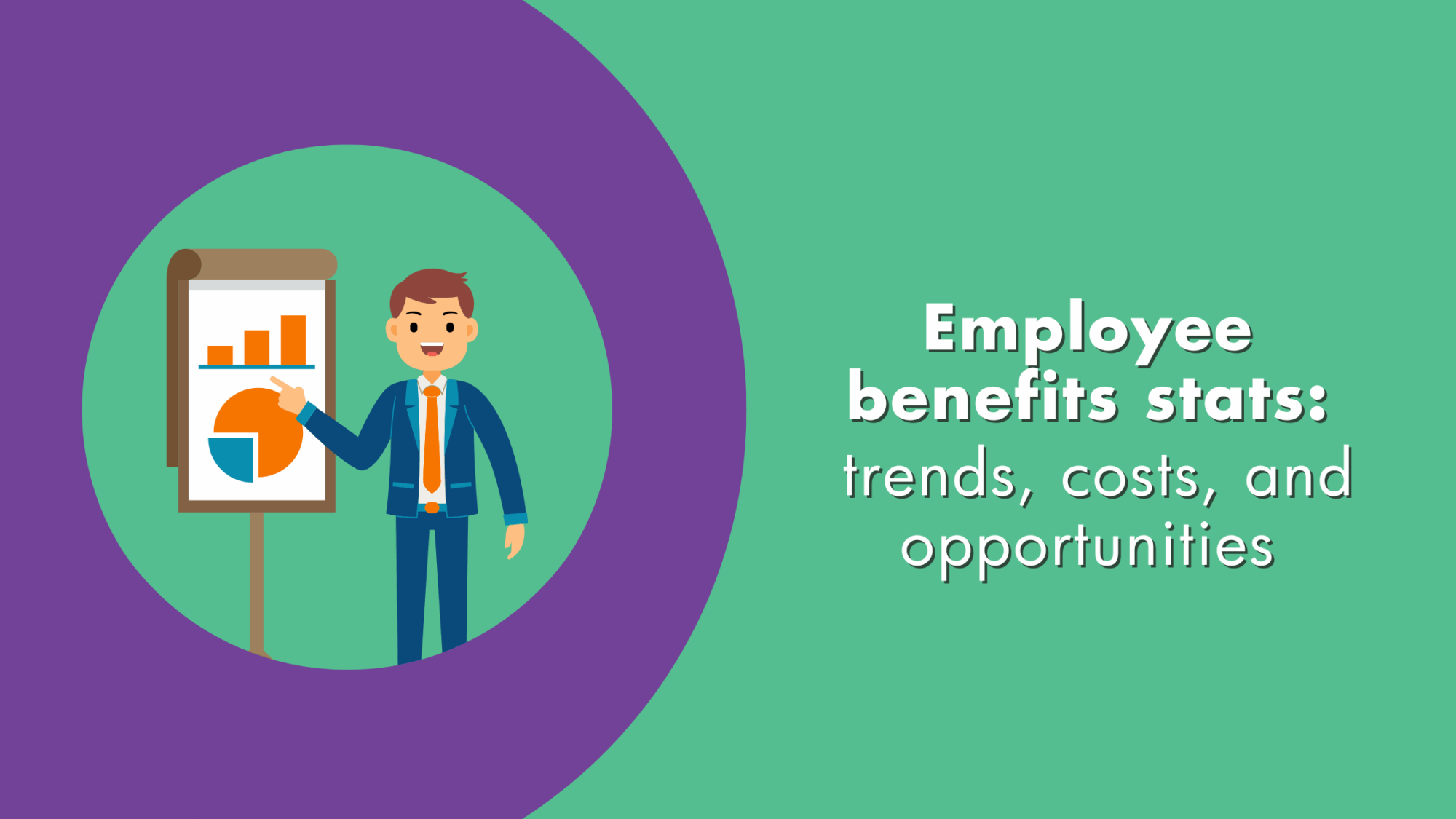The first Monday of February is infectiously known as ‘National Sickie Day’ – the day when employees are most likely to call in sick.
And it’s no myth! This unfortunate trend was discovered back in 2011 by British law firm ELAS. The phenomenon shows no signs of abating. Take 2022’s National Sickie Day: an estimated 350,000 absences occurred on that first Monday.
So, what’s going on? And what can businesses do about it?
While the concept of a National Sickie Day might seem silly (or even a dangerous self-fulfilling prophecy!), it can be an ideal opportunity to assess how much your organisation is being impacted by staff absence, reflect on what your business can do to lower staff sickness rates, and discuss with your employees some of the challenges they are facing.
Want to create a supportive employee benefits plan to keep your staff healthy? Call one of our friendly advisors to talk you through your options FREE of charge and FREE of contract. Contact us on 01273 222805 or click on the bottom right chat box.
The excuses vs. the reality
“I can’t make it in because I’m stuck in the bathroom!”
The definition of a sickie is to lie about why you need the day off and often these excuses can sound ridiculous. But, there may be legitimate reasons why someone has lied to their employer when taking the day off.
Stigma is associated with some health issues, while other may be too distressing to talk about. Such examples include:
- Burnout
- Depression and anxiety
- Stress
- Unhappiness at work
- Family or personal issues
- Post-holiday blues
- Seasonal depression
- A personal loss
So, when an employee falsely claims: “I’ve got the flu”, it may be that they’re masking a different problem. (Yes, it’s also true they may just be being lazy too!)
Why is National Sickie Day an important wakeup call?
National Sickie Day reminds organisations that paid sick leave is a basic employee right and needs to be upheld. But it also draws attention to the importance of recognising and discussing physical and mental health issues, and can be used as an opportunity to promote business initiatives surrounding healthy work environments.
The Action Mental Health charity uses National Sickie Day to draw attention to mental wellbeing. They believe that the sheer number of workplace absences on this day can be avoided if businesses did more to tackle the root causes by finding out what is getting employees down.
Flus, colds, and other physical ailments are still more readily accepted as reasons to be off work than discussing how poor mental health can lead each of us to needing a break.
Another contributing factor towards the stigma on mental health hanging about the workplace is the association of mental illness with long periods of absence. In some instances, this can be the case such as with stress, anxiety, or depression requiring longer recovery. However, issues such as mounting pressure, feeling overwhelmed, and simply just needing a breather can be really helped by taking one or two days off to rebalance and re-set.
One day off now, could save a week off in the future.
The failure to tackle employee wellbeing has a financial impact:
- A study from CIPD revealed that the average UK worker takes 6.3 sick day per year and this absence will cost the UK economy as much as £16 billion
- A build-up of absenteeism has a knock-on effect on ROI and business success, including the costs of replacements, losing out on deals, and covering for absent staff
- Almost 50%of long-term absences from work are due to mental health issues, according to the Office for National Statistics.
Even if employees don’t take the day off work, they may be unproductive:
- Feeling pressure and guilt either from the overall business culture or other colleagues leads more staff to simply not take the day off, potentially storing up problems in the future.
- More than four-fifths (83%) of respondents to a CiPD survey had observed presenteeism (employees working with minimal productivity) in their organisation.
- Thirty-two per cent of workers would feel guilty for making their colleagues pick up extra work if they called in sick, according to a study from MetLife.
Other reasons why employers should always seek to improve wellbeing initiatives:
- Failure to do so is detrimental to the health and wellbeing of your teams
- Engagement levels will rise in response to a happy and healthy workplace culture
- It will improve your ability to retain employees
- The business brand will benefit from a having a positive workplace reputation, attracting talented people into the company
- Will help you avoid falling victim to “quiet quitting” – the newly coined phenomena in which employees do the bare minimum amount of work they can get away with.
What can businesses do to help?
A supportive culture is vital in encouraging staff to accurately report their sicknesses and remove the stigma of having to call in sick in the first place!
Below we have outlined some simple and easy suggestions to implement across the workplace:
- Monitor/track absence data: discover any underlying trends and the costs to your business
- Training for line managers: allowing them to approach staff and have open conversations about mental and physical health in the most sensitive manner
- Implement a sick leave policy that works for your company: some organisations have a policy where staff can allocate a ‘duvet day’ which covers a range of reasons to take the day off without having to disclose the reason
- Health insurance and employee benefits: having the perfect combination of benefits helps keep your staff healthy and enables quicker treatment if they do fall ill
- Seek out staff feedback: arrange regular staff meetings (one-to-one and group) and provide feedback forms which give staff the chance to relay how they are feeling in the workplace (this can also be offered anonymously)
Check out what makes a brilliant employee benefits scheme here.
As an award-winning employee benefits and healthcare broker, we advise on the ideal combination of workplace perks to ensure your teams are perfectly looked after without breaking the budget. We take the time to listen to your specific needs and answer any and every question you might have.
If you need to work out how best to piece together your benefits plan – or review any current policies you have – contact one of our friendly team of experts.
Hooray Health & Protection brings you the best quotes and deals available on the UK market to ensure you achieve the best value for employee and business alike.
Contact us at hello@hoorayinsurance.co.uk or call 01273 222805 for FREE no-obligation advice and support.
Author

Author: Eleanor Chilvers








![_HPA24 Advice Firm of the Year [YELLOW] _HPA24 Advice Firm of the Year [YELLOW]](https://hoorayinsurance.co.uk/wp-content/uploads/elementor/thumbs/HPA24-Advice-Firm-of-the-Year-YELLOW-qwfw5zs3ef19fjq6cnwf697rj9gwqbf8o6443qptg0.png)
![_HPA24 Best Small Health Insurance Advice Firm [YELLOW] _HPA24 Best Small Health Insurance Advice Firm [YELLOW]](https://hoorayinsurance.co.uk/wp-content/uploads/elementor/thumbs/HPA24-Best-Small-Health-Insurance-Advice-Firm-YELLOW-qwfw5yu97kzz3xrji5hslrgaxvljimbic1gmmgr7m8.png)
![_HPA24 Best Sales & Retention Advice Team [YELLOW] _HPA24 Best Sales & Retention Advice Team [YELLOW]](https://hoorayinsurance.co.uk/wp-content/uploads/elementor/thumbs/HPA24-Best-Sales-Retention-Advice-Team-YELLOW-qwfw5yu97kzz3xrji5hslrgaxvljimbic1gmmgr7m8.png)
![_HPA24 Best Small Protection Advice Firm [YELLOW] _HPA24 Best Small Protection Advice Firm [YELLOW]](https://hoorayinsurance.co.uk/wp-content/uploads/elementor/thumbs/HPA24-Best-Small-Protection-Advice-Firm-YELLOW-qwfw5zs3ef19fjq6cnwf697rj9gwqbf8o6443qptg0.png)